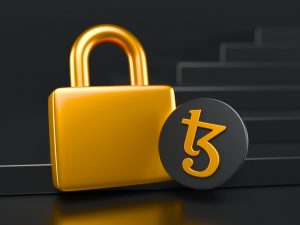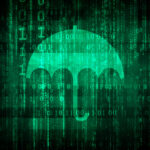
As a novel technology, NFTs are an extremely new innovation that have opened to the doors to a number of exciting possibilities about how the future will unfold. Unfortunately, with these new innovations comes many unknowns about the legal circumstances surrounding NFTs and how they should be properly managed. That’s why with the right legal help, you can have customized advice for your Web3.0 project and face NFT Litigations.
At Dreyfus.io, our experts help with any possible infringements and disputes related to your copyrights, trademarks and NFT domain names, including:
• Moral and patrimonial rights disputes
• Licensing disputes relating to copyright over NFT work
• Fait use issues and copyright limitations
• Unauthorized use and exploitation of trademarks in .nft, .crypto, .wallet, .coin, .bitcoin, .dcl, .eth, token names and wallets
• Infringement disputes
• Litigations relating to the registration of NFT trademarks (i.e.: opposition and nullity)
• Monitoring, formal notice, pre-litigation and litigation
• Alternative dispute resolution, meditation, and arbitration
• Disputes relating to NFT agreements, land agreements, crypto-agreements, as well as contractual disputes relating to NFTs
Stay on the lookout for :
• .eth and .dcl.eth
In particular, .eth and .dcl.eth domains are non-fungible digital certificates that prove ownership of the original creation (similar to a certificate of authenticity or ownership). Think of it as a unique identifier that can be traced with extreme accuracy that can be stored in the owner’s electronic wallet. What’s important to note is that the value of an NFT is not the NFT itself, but rather the authenticity and uniqueness it represents.
• .NFT, .crypto, and .coin
.NFT, .crypto, and .coin domain names are new Zeb extensions in the form of smart contracts (smart contracts) on the blockchain. The NFT domains are then stored in a cryptographic wallet such as on the Metamask. As a result, self-custody and ownership are two of the most important features of an NFT domain, where payment is only made once with no renewal fees (for this specific type of domain).
If an individual wants to transfer an extension of .eth or .dcl.eth to a third party, only the previous owner can do so. However, in general, once an NFT is created, it can be sold and resold on marketplace platforms for any user.
• What do I do if a third party has registered an .eth and .dcl.eth domain that replicates your brand without your authorization?
While a common occurrence for some, following the steps below can help minimize any negative impact:
• Buy the from its current owner
• Identify the current owner
• Negotiate the price
• Dereference the NFT/domain name on marketplaces (leading to more visibility and sales
• Block the renewal of the domain name
• Take legal action with the platforms
Get Your NFT & Intellectual Property Questions Answered Today
Have questions or concerns about your current/future NFTs or intellectual property? Get in touch with one of our experts today, on stand-by ready to help you solve your challenges and be brought to a place of peace of mind.



